The UNBA urges the Parliament to reject the draft law 5610
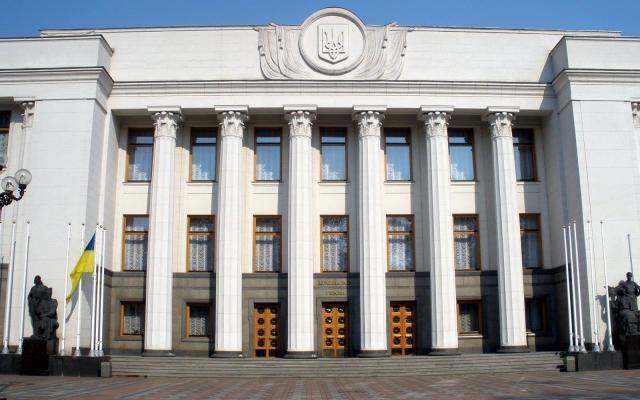
Open letter of the UNBA/BCU President about the inadmissibility of restriction of human rights through amendments to the Criminal legislation.
On 4 February 2017 the BCU appealed to the Parliament about unacceptability of the draft law 5490 "On Amendments to the Code of Criminal Procedure of Ukraine (concerning the improvement of mechanisms of ensuring the tasks of criminal proceedings)". The bar motivated its appeal by the fact that the draft law contains a real threat to citizens’ constitutional rights and freedoms and it is directly contrary to Articles 8, 19, 29, 59, 62, 63, 64, 131-1,131-2 of the Constitution of Ukraine and the European commitments of Ukraine in the field of human rights.
The Parliament did not re-include this draft law on the agenda, having proceeded instead to consideration and adoption in the first reading of the draft law 5610. This draft law contains similar threats and risks and will lead to the destruction of humanistic democratic legal principles of the criminal procedure.
Both legislative initiatives, in their content and in the way of their lobbying and consideration, witness a dangerous trend - turning of the criminal law into a repressive one, and criminal proceedings into a way of persecution and reprisal. At that, the society is being misled about the content and purpose of these legislative initiatives.
The Parliament is strongly proposed to redraft the new CPC in the wording of the CPC-1960. The key difference between them is the guarantees of citizens' rights to defence and personal freedom, which are respected in democratic countries and are only legal declarations in police states. Even a cursory legal analysis demonstrates non-conformity of contents of both drafts with the Constitution of Ukraine and the ECHR, which Ukraine acceded as early as 1997.
First, the draft law 5610 is designed against the constitutional preventive mechanism, which provides that in the adoption of new laws or amending the existing laws, the content and scope of the existing rights and freedoms must not be reduced.
The draft law is also contrary to the strategic document defining the goals and direction of reforms in the sphere of justice. In particular, the Strategy of reforming the judiciary and the related legal institutions for 2015-2020, approved by Presidential Decree of 20 May 2015, defines one of the ways of reforms as "the improvement of procedural justice and the right to defence in criminal proceedings". On 25 August 2015 the Head of State approved the National Strategy in the field of human rights, which in light of these legislative initiatives becomes only a set of slogans. In fact, the proposed changes to the CPC crossed out the entire chapter "Ensuring the right to liberty and security." In case of adoption of amendments to the CPC pursuant to the draft law no. 5610, the drastic change in the ideology of reforms in the field of judiciary will take place. Instead of the European standards, it would mean a return to the authoritarian criminal law, which provides for no space for human rights.
The analysis of certain provisions of the draft law no. 5610 "On Amendments to the Code of Criminal Procedure of Ukraine (concerning improvement of mechanisms of ensuring the tasks of criminal proceedings)" indicates that the document contains numerous violations of the right of individuals to defence (Article 63 of the Constitution of Ukraine) and the right to be promptly informed of criminal charges.
If the draft law is adopted, the amendments to Article 135 CCP, which provides that servicing of summons will be made through official publications, conviction in absentia will become a rule and it will increase the fabricated cases of conviction. Indeed, millions of Ukrainians do not live, for objective and subjective reasons, at the place of their official registration.
A significant increase of duration of pre-trial detention (from 12 to 18 months) will violate a constitutional right to liberty. Suspected persons whose guilt has not been proved will much longer remain in pre-trial detention, often in inhuman conditions. Together with the proposed procedure for calculation of duration of detention in combining proceedings, this will also breach the reasonable time requirement for criminal proceedings enshrined in Article 28 CCP and Article 6 ECHR. Delays in investigations will keep people in uncertain status of suspects for several years. A possibility of a permanent (lifetime) validity of a court permission to detain individuals, as envisaged by amendments to Article 190 CCP, is also a violation of the right to liberty and the principle of legal certainty, which is an integral part of the rule of law.
The UNBA calls on the VRU Speaker Parubiy and MPs to abandon the draft law no. 5610 and to reject it and other similar legislative initiatives in case of their introduction.Popular news

Advocacy
Another model should be introduced for the FLA system, - Lidiya Izovitova
Monitoring of the current state of functioning of the legal aid system shows the existence of significant and conceptual problems in the implementation of this assistance in Ukraine.
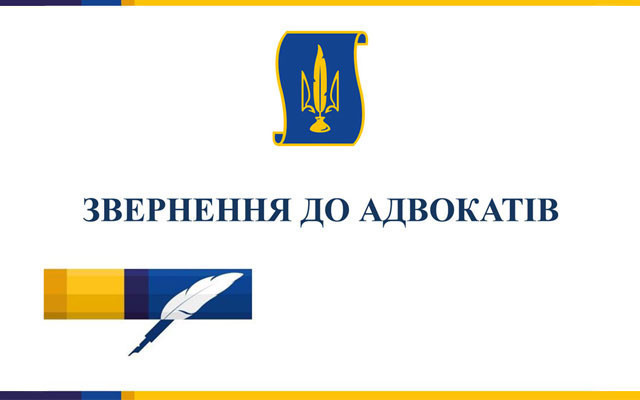
Advocacy
Violation of media guarantees of advocacy is being studied by the UNBA
An open appeal of the Ukrainian National Bar Association's Committee on Information Policy and Interaction with the Mass Media to the advocates.
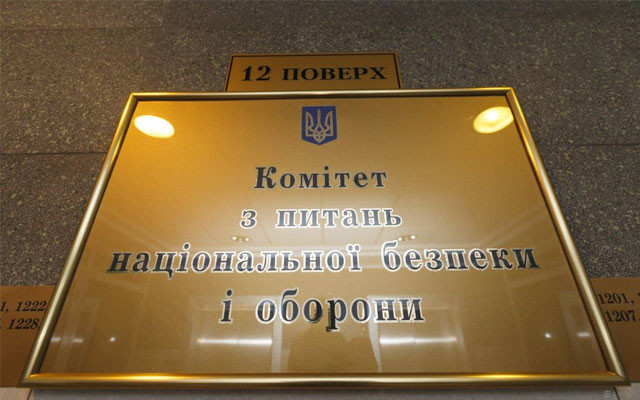
Advocacy
Lawyers are offered to be booked - amendments to draft law No. 10449
In their amendments to the draft law on strengthening mobilization, MPs propose to provide for the booking of lawyers. The goal is to prevent disruptions of court hearings.
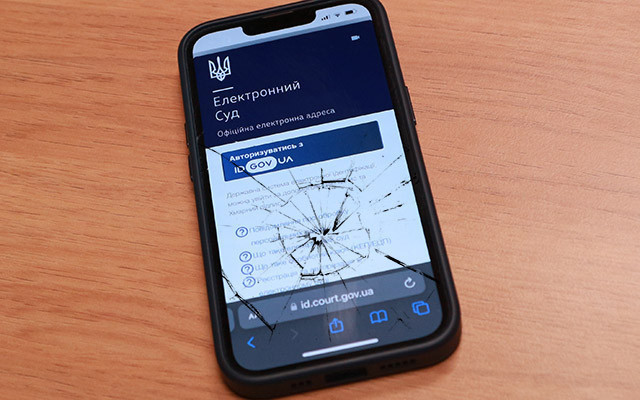
Advocacy
E-Court failures violate constitutional guarantees – UNBA
In recent days, the Ukrainian National Bar Association has received numerous reports from lawyers about technical failures in the operation of the Electronic Court subsystem. In particular, the complaints relate to the inability to log in to the electronic office, which restricts advocates in exercising their procedural rights, in particular, to submit documents and participate in court hearings in the videoconference mode.
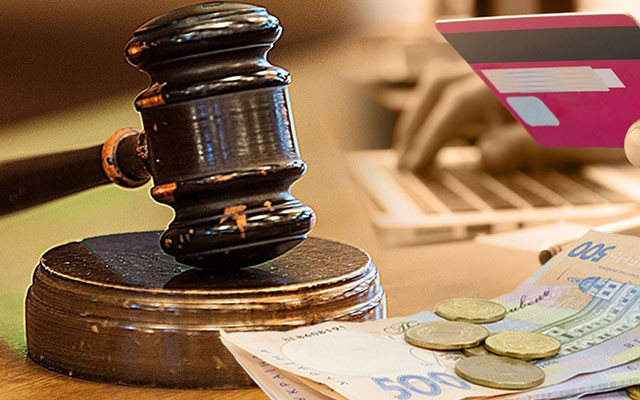
Advocacy
Fixed fee: time of work is important for reimbursement of attorney's fees – SC
The procedure for calculating the hourly fee differs from the fixed fee, which does not take into account the actual time spent. However, in both cases, they are taken into account when deciding on the reimbursement of legal aid expenses.
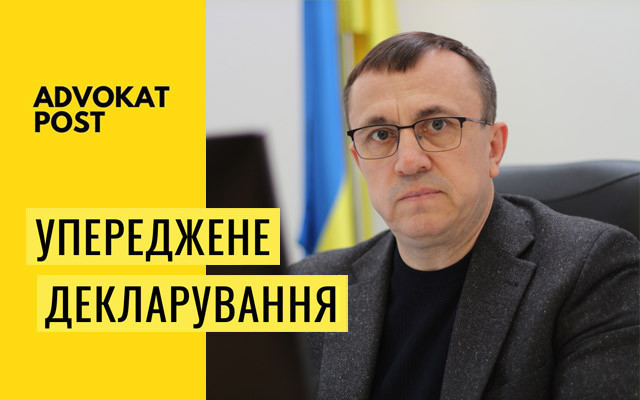
Advocacy
Attorneys' declarations: what does the changing position of the NAPC indicate?
When the Constitutional Court began to consider the case on the submission of declarations by representatives of the bar's disciplinary bodies, the National Agency for the Prevention of Corruption declared a constitutional crisis and threats to the entire declaration system. But earlier, officials had a completely different opinion on this issue.
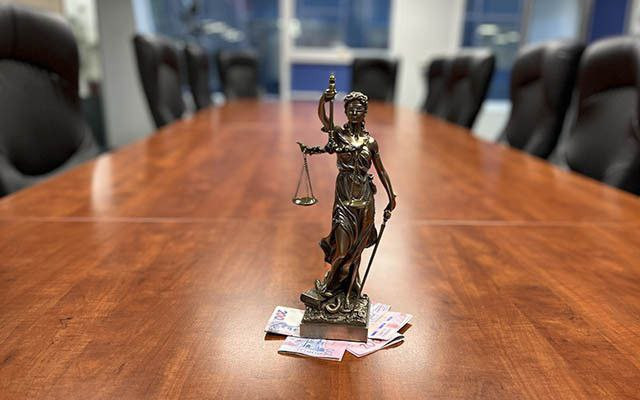
Advocacy
The price of a claim for minor disputes will be significantly reduced - draft law
The current amounts of the claim price (as a criterion for classifying a case as minor) are significantly higher than the subsistence minimum and minimum wage and do not correspond to the understanding of the case and the dispute in it as minor. Accordingly, they should be revised downward.
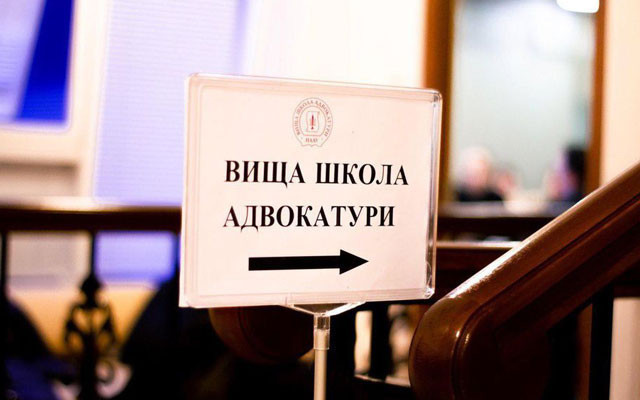
Advocacy
The BCU has removed controversial issues of training standards for young lawyers
The Procedure for the Continuing Legal Education of Advocates of Ukraine provides for special requirements for training in the first three years (after obtaining a certificate) of an advocate's practice. In practice, technical issues have arisen in the application of these requirements.
Publications

Ihor Kolesnykov A BRIEF SUMMARY REGARDING THE APPLICATION OF THE ORDER ON EXTENDED CONFISCATION IN LATVIA REGARDING FINANCIAL ASSETS OF…

Valentyn Gvozdiy WORKING IN A WAR ZONE

Lydia Izovitova Formula of perfection

Sergiy Vylkov Our judicial system is so built that courts do not trust advocates

Iryna Vasylyk Advocacy in the proclamation of Independence of Ukraine

Oleksandr DULSKY When we cross the border of the Supreme Anti-Corruption Court, we get into another department of the National Anti-Corruption…

Vadym Krasnyk The UNBA will work, and all obstacles and restrictions are only temporary inconveniences

Lydia Izovitova Interview with Lydia Izovitova on the occasion of the 8th anniversary of the founding of UNBA: We are the voice of t…
